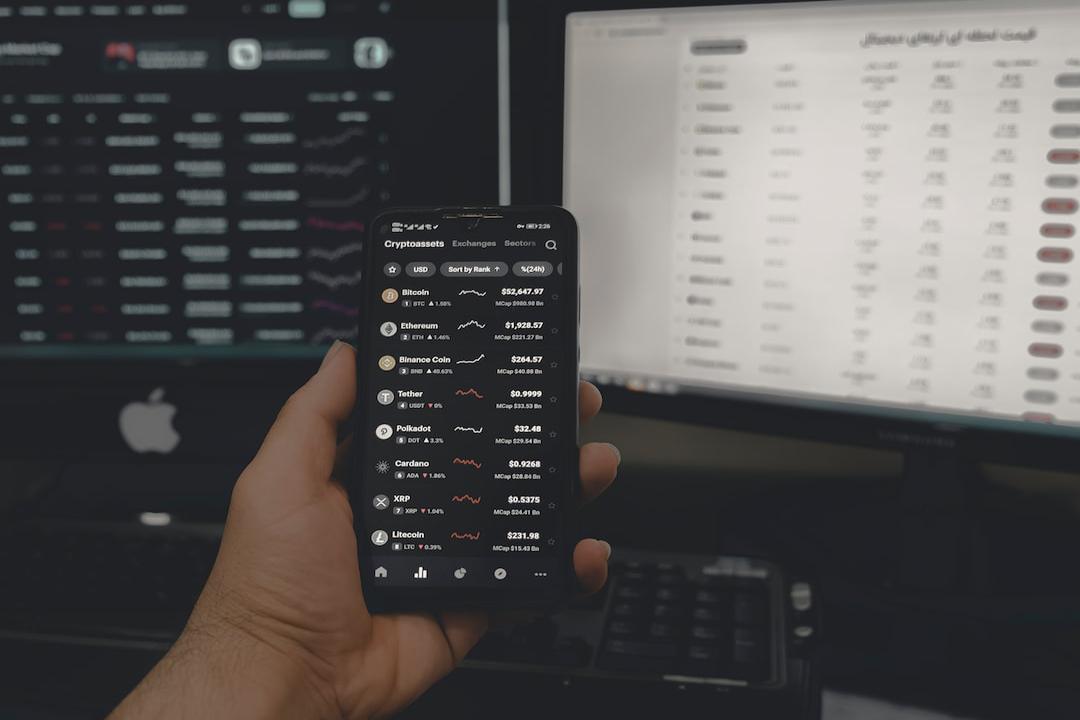Binance, the biggest shareholder of South Korean cryptocurrency exchange Gopax, made a sale of Gopax victims’ asset claims at less than half their original value on May 27. This discounted sale has resulted in significant financial losses for investors, contradicting Binance’s previous commitment to fully compensate victims of the virtual asset deposit service called ‘GoFi.’ The sale took place during a period of rising cryptocurrency prices, which only worsened the losses for Gopax’s creditors.
Initially, when Binance acquired a majority stake in Gopax, it promised to compensate investors for the approximately KRW 70 billion (around $52 million) lost due to the suspension of fund withdrawals in the GoFi service. However, instead of using its own funds to cover these losses, Binance opted to sell the asset claims of the victims at heavily discounted rates.
Following this sale, the prices of major cryptocurrencies, including Bitcoin, experienced a surge, further widening the financial gap. The debt owed to GoFi has now risen to an estimated KRW 100 billion (around $75 million), excluding any existing repayments.
An anonymous source familiar with the transaction revealed to local news agency Hankyung that Binance sold off the claims as part of its strategy to manage Gopax’s liabilities.
“Binance initially promised to use its Industrial Recovery Fund (IRI) to cover the funds of Gopax victims, but the IRI was only utilized to pay for the first damages (approximately 15 billion won),” the source stated. “For the subsequent payments, we used Bitcoin obtained from selling the Genesis claim at a low price to a third party, and we are postponing the payment of the remaining 50% of the damages, stating that we will pay it after the completion of the Gopax acquisition.”
Investors are expressing their dissatisfaction with these developments, and regulatory authorities are taking notice. Genesis, the virtual asset deposit service linked to Gopax, recently had its bankruptcy compensation plan approved by a U.S. court. Genesis has committed to returning 77% of the approximately $3 billion in bond funds to creditors.
In contrast, another cryptocurrency exchange called Gemini has announced plans to compensate 97% of its affected customers using bankruptcy compensation. However, Gopax has not made any official statements regarding its compensation plans or the sale of Genesis asset claims.
In a similar case involving the bankrupt FTX exchange, a leading creditor in the FTX creditor community, Sunil Kavuri, criticized the sale of assets at discounted prices, arguing that these assets should have been returned to investors. Kavuri stated, “Sullivan & Cromwell has disregarded our property rights. They have liquidated billions of dollars’ worth of crypto assets. There’s a token S&C sold for 11 cents, and now it’s trading at two dollars. FTX had $10 billion in Solana tokens, and they sold it at a 70% discount.”
The board of directors at Gopax, which includes representatives from Binance, has been accused of withholding information regarding the source of funds used to compensate the second batch of victims last August. The lack of transparency and the 50% discount at which the Genesis claims were sold have fueled investor frustration and mistrust.
The Financial Services Commission (FSC) of South Korea is currently reviewing Gopax’s report on executive changes, including the appointment of Binance personnel as directors. The FSC has also requested additional information from Binance regarding allegations of money laundering and other concerns.


